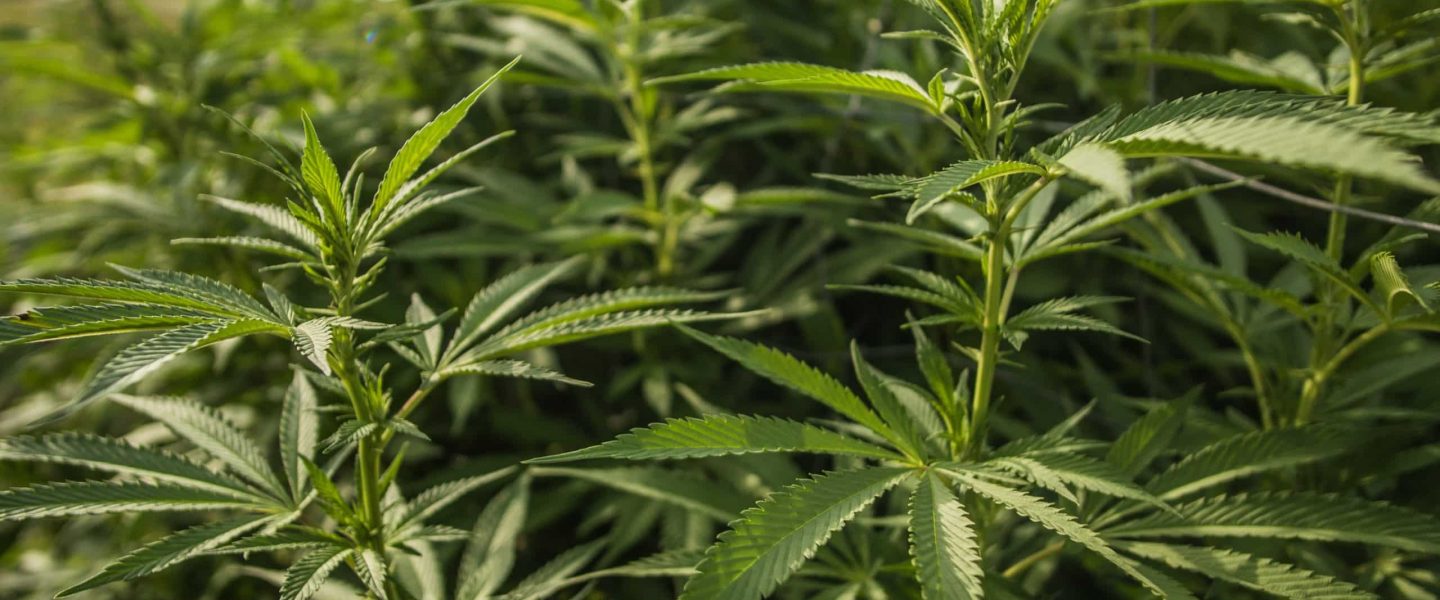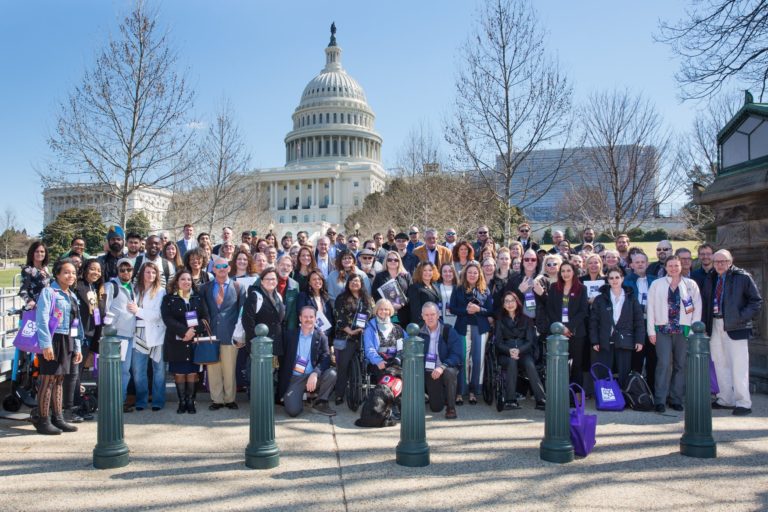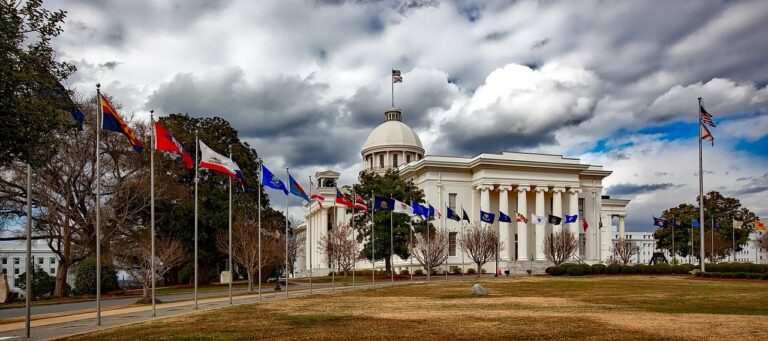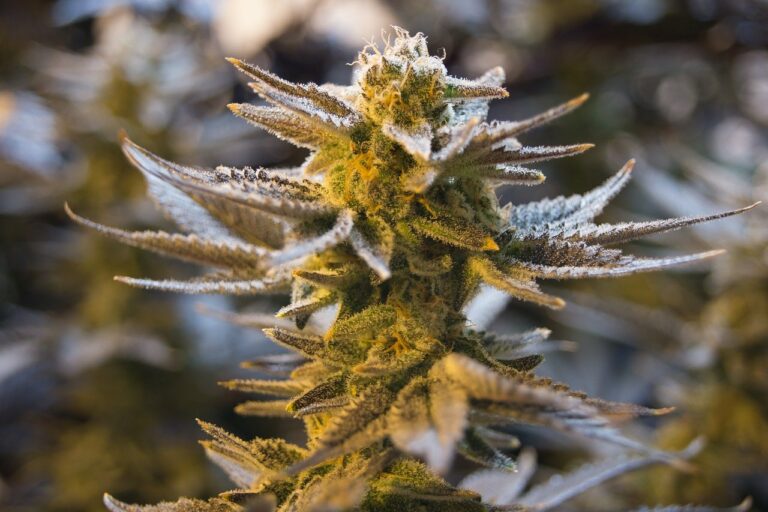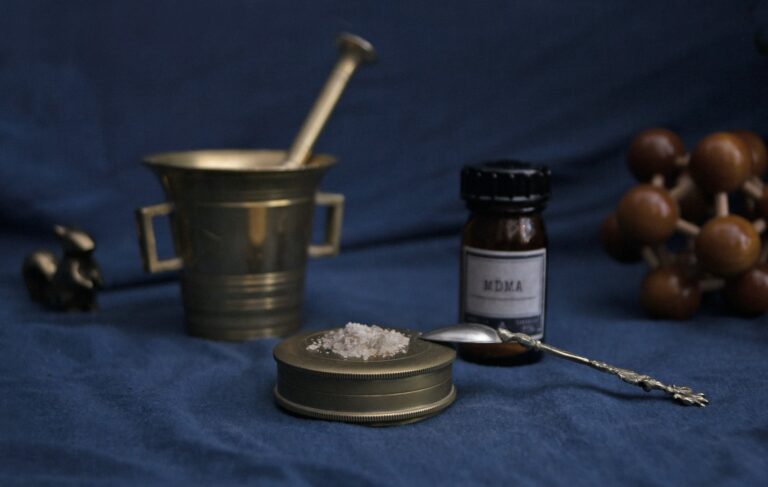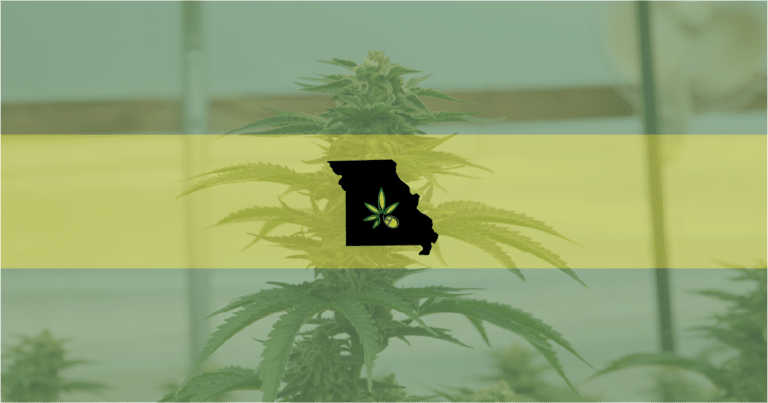Missourians have been growing hemp as a staple crop dating back to the early-nineteenth century. American farmers grew hemp all over the country and manufactured into crucial products, like paper, rope, clothing, and fuel.
Is Hemp Legal in Missouri?
Though the Controlled Substance Act of 1970 clamped down on industrial hemp production, recent legislation at the state and federal level allows for Missourians to cultivate and produce hemp and hemp extracts. Missouri is a legal medical marijuana state, but hemp extracts (often referred to as CBD) and other manufactured products are readily available for Missourians to purchase with or without a patient identification card. CBD is one of many noteworthy compounds in hemp, and it is often championed for its remarkable therapeutic and medicinal properties
Demand for CBD products has continued to trend upwards, and the market for CBD products remains closely intertwined with the marijuana industry. Paired with the prospect of a profitable new market for hemp textiles, fuels, and plastics, Missouri farmers are already realizing the promise of hemp cultivation, as they participate in the state’s first legal hemp growing season in over 50 years.
Is Industrial Hemp Different From Marijuana?
Though they are derived from the same genus (Cannabis), hemp and marijuana are merely broad categorizations of the plant. Industrial hemp and marijuana are different in a few notable ways. For instance, hemp is a non-intoxicating version of cannabis that is classified by the Agricultural Act of 2018 and is more commonly manufactured into products instead of being rolled up into a joint and smoked. Though smokeable and vapeable CBD products continue to become more prevalent, CBD has over 50,000 other uses ranging from body care, to nutrition, and management of chronic pain and anxiety. Methods of administration will vary based on personal preference.
Is There THC in Hemp Oil or CBD Products?
It’s pretty much unavoidable that there will be some trace amount of THC in unprocessed hemp. Though there is a budding market for CBD isolate tinctures and other extracts, the majority of hemp extracts have slight amounts of THC and terpenes that are more heavily present in marijuana. It is uncommon for people to experience notable side effects from CBD in the same way they do marijuana products with high levels of THC.
CBD and THC both have medical properties, but they are regulated differently in Missouri, as in all other states with legal medical or recreational marijuana.
How Much THC is Allowed in Industrial Hemp?
However, the federal government has established a threshold for allowable levels of THC in industrial hemp at 0.3%, which is a tough standard to abide by according to many farmers active in pursuing industrial hemp. Aside from audits and on-site inspections, hemp farmers are subject to compliance testing of a sample from their harvest to ensure acceptable amounts of THC. The Department of Agriculture has established Sampling Protocol, and every lot (contiguous field, greenhouse, or other site growing a single variety) of industrial hemp will be sampled within fifteen (15) days prior to harvest by a Certified Industrial Hemp Sampler.
Missouri Industrial Hemp Bill
In 2014, MO HB 2238 passed, which allowed for the medical treatment of epilepsy patients with CBD oil with a neurologist’s recommendation, and also empowered the Department of Agriculture to grow industrial hemp for research purposes. Additionally, HB 2054 declares industrial hemp to be no longer considered a controlled substance and permissible for cultivation if the grower has no drug-related offenses.
2018 Farm Bill and Missouri Hemp Law Change
In 2018, the Missouri General Assembly successfully passed a measure that distinguished the definition of hemp from the definition of marijuana and created the Industrial Hemp Research Program. The program authorized universities in Missouri to plant hemp on a research basis beginning with the 2019 growing season.
Later that year, with the passage of the 2018 Farm Bill, the federal government implemented regulatory standards for industrial hemp production and sale and allowed states to oversee and regulate those programs as they saw fit. Subsequently, Missouri amended its laws regulating hemp cultivation to align with federal regulations. During the 2020 season, the program will operate under regulations set in Missouri Senate Bill 133 and the 2014 Farm Bill.
Missouri Hemp Cultivation License: Producer Registration or a Propagule and Seed Permit?
Producer Registration:
Authorizes a person to cultivate industrial hemp in Missouri and sell their harvested, nonviable products once they are confirmed to have an acceptable hemp THC level.
Propagule and Seed Permit:
Authorizes a person to sell, distribute, or offer for sale any viable industrial hemp in Missouri, including propagules (transplants, cuttings, clones, seedlings, etc.) or seed.
- A Missouri Industrial Hemp permit is not required for out-of-state persons to sell into Missouri unless they have an in-state presence, such as a brick-and-mortar location (even if not open to the public), in-person sales, or in-person distribution within the state.
You can apply for both a Producer Registration or a Propagule and Seed Permit. The current list of authorized operations shows a multi-varied mix of licensees who have single registrations or permits or both. If you’re uncertain whether you need a producer registration, a propagule and seed permit or both, see the charts below:
In-State Hemp Business Application Needs
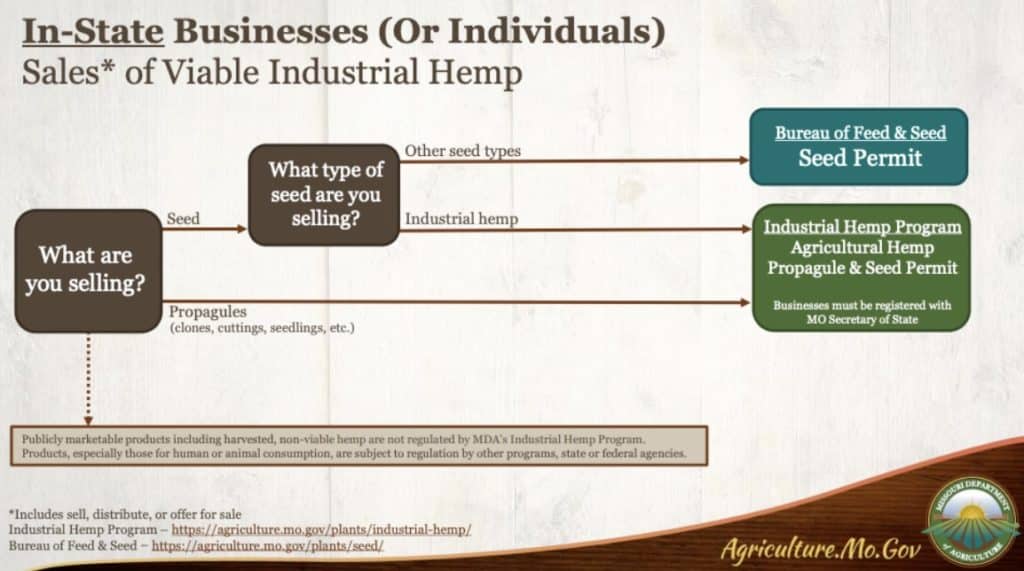
Out-State Hemp Business Application Needs
What Else to Know About Hemp in Missouri?
If you have further questions on applying for an industrial hemp license in Missouri, see the related FAQs from the Department of Agriculture
If you want to see which industrial hemp cultivators have already been approved, check out the official list.
Related Articles on Hemp and Missouri Medical Marijuana on The Weed Blog


